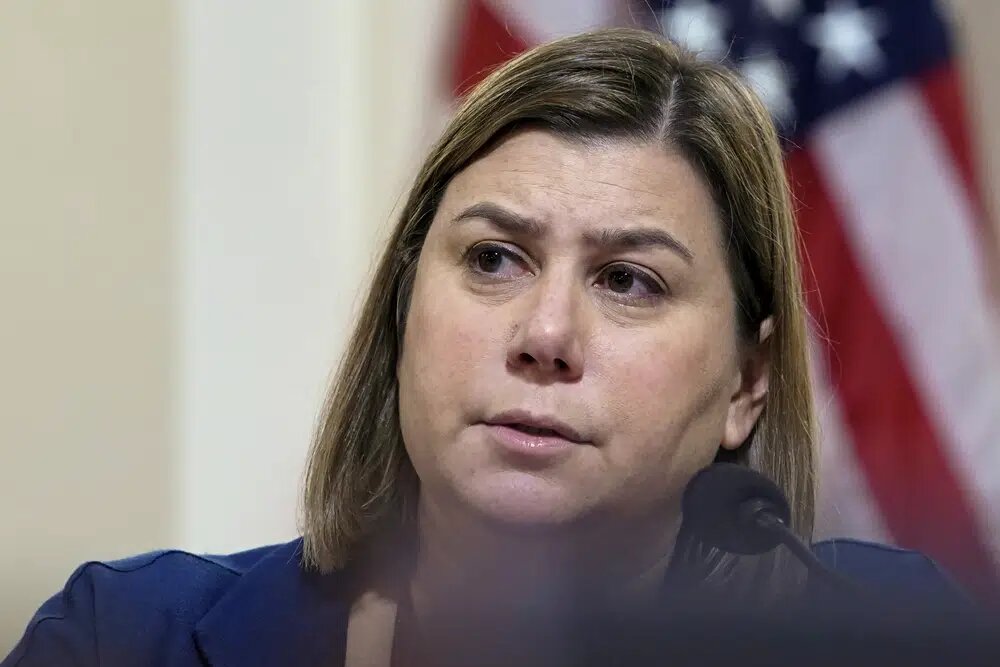DETROIT (AP) — Michigan voters are deciding between Democratic U.S. Rep. Elissa Slotkin and Republican former congressman Mike Rogers in a tight U.S. Senate battleground contest that could sway the balance of federal power.
Slotkin had a clear head start, but as Republicans became more confident about Donald Trump’s presidential prospects in Michigan, the contest drew more attention from funders who believed Rogers had a good chance of becoming the first Republican to win a U.S. Senate seat in the state in 30 years.
RELATED: Rogers and Slotkin talked with 9&10 News ahead of the Senate debate
The race could determine whether Democrats continue to hold their slim majority in the Senate, where they are defending more seats than Republicans in this election.
Slotkin, a former CIA analyst and third-term representative, launched her Senate campaign shortly after Democratic Sen. Debbie Stabenow announced her retirement in early 2023. With a largely uncontested primary, Slotkin built a significant fundraising advantage, much of which she has poured into ads during the race’s final month. She’s also gained high-profile support from figures like former President Barack Obama and Stabenow, who have helped her on the campaign trail in the final month.
On the Republican side, Rogers faced multiple challengers for the party’s nomination, including former Reps. Justin Amash and Peter Meijer, the latter of whom withdrew before the Aug. 6 primary. Rogers served in the U.S. House from 2001 to 2015 and chaired the House Intelligence Committee.
Rogers would become the first Republican since Spence Abraham in 1994 to win a U.S. Senate race in Michigan.
The presidential race at the top of the ticket could significantly influence the outcome. Rogers repeatedly accused Slotkin of voting “100% with the Biden-Harris agenda” and aligned himself closely with Republican nominee Donald Trump, who endorsed him.
Slotkin used her funding advantage to establish her narrative early, aiming to connect both with her base and disillusioned Republicans.
“For the Republicans who feel like their party has left them over the last few years, you will always have an open door in my office,” Slotkin said during their only debate.
Metro Detroit could be an area of vulnerability for Slotkin, with frustration over the Biden administration’s handling of the Israel-Hamas war affecting down-ballot Democrats. Slotkin, who is Jewish, has supported Israel while criticizing Prime Minister Benjamin Netanyahu. Many leaders of the state’s large Muslim community voiced frustration that she and other Democrats haven’t advocated more forcefully for Palestinians.

